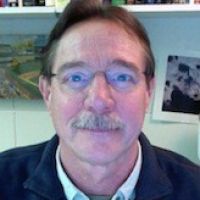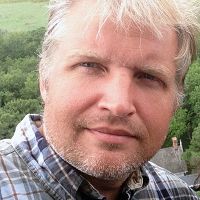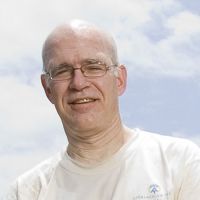Clay minerals in the Calhoun Critical Zone Observatory
-
Calhoun, INVESTIGATOR
-
Calhoun, INVESTIGATOR
-
Calhoun, INVESTIGATOR
Calhoun
Links
Field trip at the 53rd annual meeting of the Clay Minerals Society in Atlanta, GA
CMS - Clays in the Critical Zone Field Trip - June 8-9, 2016
Trip Leaders: Paul A. Schroeder, Jay Austin, and Daniel deB. Richter
This trip will visit one of NSF’s Critical Zone Observatories in the Calhoun Experimental forest (CCZO) located in a unit of the Sumter National Forest in upstate South Carolina. Scientists call Earth’s thin outer layer its “Critical Zone” because it’s where rock, water, air, plants, animals, microbes and soil interact to regulate the planet’s environment and provide most of the ecosystem services on which human life depends. More than half of Earth’s landscapes are now affected by natural and human forcings. These lands have a great deal of intrinsic resilience, but they have experienced unprecedented land use pressures (and will likely continue to do so). The CCZO site is an ideal location because it’s located on reforested abandoned farmland in the Southern Piedmont, which is a region that has experienced some of the most serious erosion and land and water degradation in the United States.
The group will travel by bus and depart from the conference hotel in Atlanta, GA on Wednesday afternoon and stop in Elberton, GA at a granite quarry pit, which reveals unprecedented exposures of deep weathering profiles. As an aside, this is same style of weathering that is thought to be related to newly discovered petroleum reservoirs in the Norwegian North Sea hosted in Mesozoic paleosaprolite. The group will overnight in South Carolina. Thursday will include site visits to watersheds in the CCZO to observe the differently managed landscapes being studied for clay mineralogy, hydrology, geophysics, gas fluxes, ecology, and historical social values. Wireless networks of environmental sensors are measuring real-time hydrology, energy and biochemistry. To learn more about the cross-disciplinary activities the CCZO go to /calhoun/research/.
Various CZO researchers will be on hand to discuss their activities and integrated goals. A Thursday box lunch will be provided. Expected return time to Atlanta, GA is around 6:00PM on Thursday. Participants making travel connections via Atlanta Hartsfield airport should book departure times accordingly (i.e., allow 2 hours before departure). Participants may book an addition night at an area hotel. Cost of the trip is $75, which includes: bus transport to and from the CCZO and Wednesday and Thursday box lunches. Hotel sharing may be possible and will be managed at the time of registration. A field guide will be provided.
Contact information:
Paul A. Schroeder
Department of Geology
University of Georgia
Athens, GA 30602-1501
1+ 706 542-2384
Explore Further



